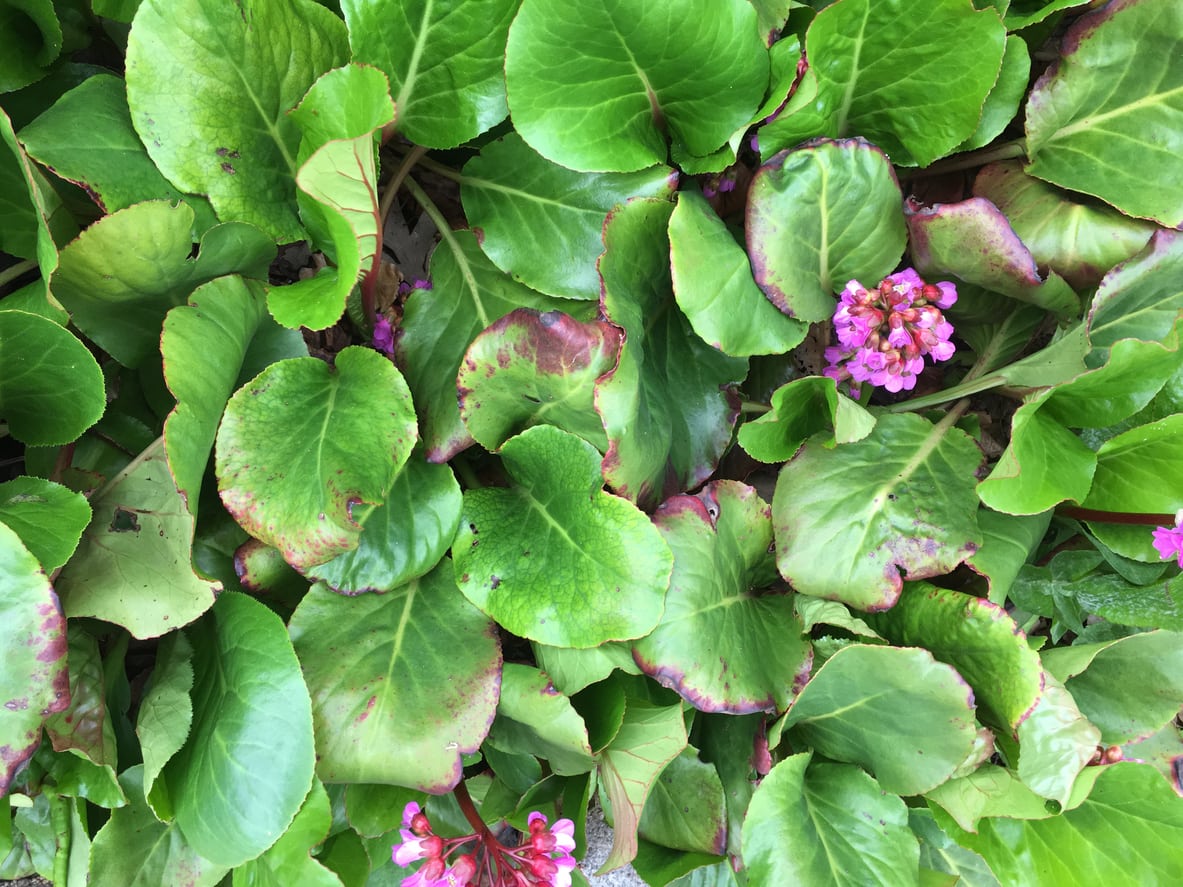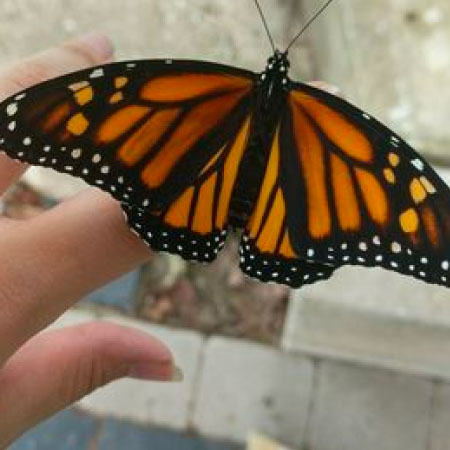Bergenia Issues: Identifying And Treating Bergenia Pests And Disease


Bergenia is a reliable perennial for tricky sites. It thrives in shade to full sun, poor soil, and dry areas where many other plants struggle to grow. It is also rarely bothered by deer or rabbits. However, like any plant, bergenia can experience some problems with pests and diseases. If you have found yourself wondering “what is wrong with my bergenia,” this article is for you. Continue reading to learn about common bergenia problems.
Common Bergenia Issues
Bergenia prefers to grow in moist, but excellent draining, soil in part shade. While it can tolerant dry soil, it cannot tolerate extreme heat, intense afternoon sun, drought, or waterlogged soil. One of the most common bergenia issues is simply being planted in the wrong site with one or more of these environmental factors causing damage. In areas with intense afternoon sun, bergenia may experience sunscald. Sunscald can cause foliage to turn yellow and wilt or dry up, turn brown, and become crumbly. It is recommended that bergenia be planted in a location with afternoon shade and regular waterings if you suspect heat, sun, or drought to be the problem. On the other end of the spectrum, shady beds can oftentimes be extremely moist or wet, and dank. While bergenia appreciates the shade, it cannot tolerate wet feet, waterlogged soil, or excessively damp areas. In these conditions, bergenia can be susceptible to a variety of fungal diseases and rots. Damp areas may also give bergenia problems with snails or slugs. Fungal leaf spot is a common affliction of bergenia plants in damp, soggy sites. Symptoms of fungal leaf spot of bergenia include water-soaked lesions, wilting, and discoloration of foliage. To prevent fungal leaf spot, plant bergenia in well-draining soil, do not overcrowd shade beds so air can easily flow around plants, and water plants at the root zone, not from above.
Other Bergenia Pests and Disease
Anthracnose is a common bergenia issue that can resemble fungal leaf spot. However, when bergenia has anthracnose, it will display brown to gray sunken lesions that grow, eventually connecting. These lesions are usually sunken in the center. Like fungal leaf spot, anthracnose can be prevented by improving watering techniques and air circulation, and by limiting plant-to-plant contact. Lastly, bergenia plants may be a favorite treat of adult vine weevil beetles. Generally, though, these beetles just chew on the edges of the foliage, causing purely cosmetic damage.
Sign up for the Gardening Know How newsletter today and receive a free copy of our e-book "How to Grow Delicious Tomatoes".

Darcy is a former contributor to Gardening Know How. She is a professional landscape designer and gardening writer with experience in plant sales. An avid gardener, Darcy has a passion for sharing practical tips to help others grow.